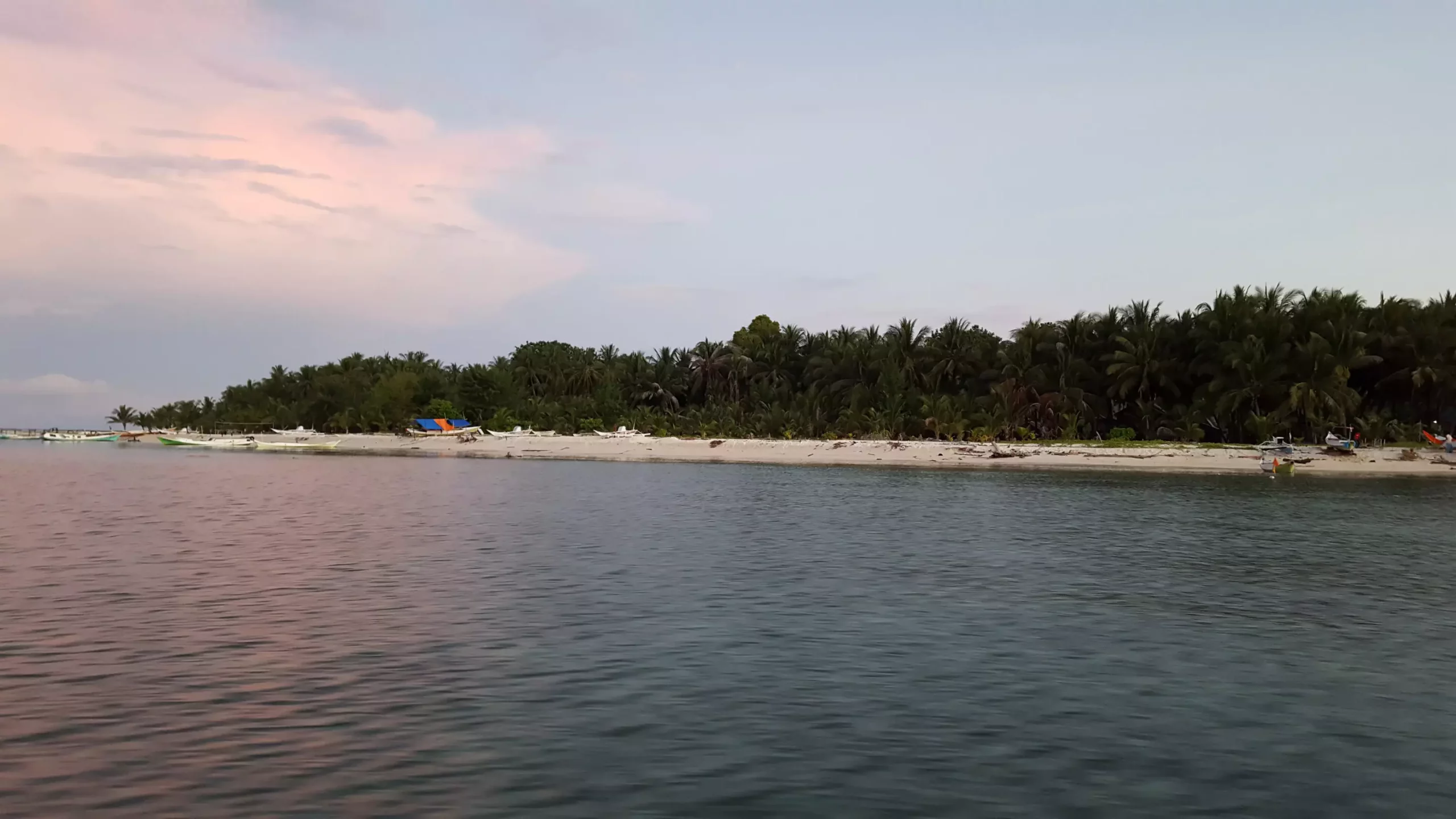The Indonesian Spermonde Archipelago is home to a remarkable phenomenon: Langkai Island, an inhabited reef island that, contrary to the alarming global trend of coastal degradation, is not only surviving but thriving amidst the stressors of climate change and human interference. A recent study led by an international team spearheaded by researchers from the Leibniz Center for Tropical Marine Research (ZMT) shines a spotlight on this unusual resilience. This investigation delves into the intricate dynamics between coral reef health and island sediment composition, particularly emphasizing how, despite the adverse conditions facing the neighboring reef systems, Langkai Island experiences growth.
In the context of a world where coral reefs are often described as in a state of crisis due to the rising temperatures and human activities, the findings surrounding Langkai are both provocative and contentious. The research team meticulously mapped the changes to the island’s coastline over a 24-year span while also analyzing the sediment composition. The implications of their results contribute to the ongoing discussion on how environmental shifts directly affect geological formations, particularly those reliant on healthy coral ecosystems.
The Scientific Inquiry: Methodology and Findings
The heart of this scientific inquiry lies in its dual methodology: sediment core analysis and satellite imaging. By extracting over 50 sediment cores from Langkai and examining them in laboratory settings, researchers aimed to decode the relationship between changing reef conditions and sediment deposition. The findings were somewhat anticipated: a marked reduction in coral skeletal materials was observed in favor of an increased prevalence of the calcifying green algae, Halimeda.
These results encapsulate a burgeoning trend in reef ecosystems worldwide, where coral populations are declining, ceding space to more resilient macroalgae. However, the researchers uncovered a surprising twist—despite significant changes in sediment composition, Langkai Island’s area had increased by 13% since 1999. This highlights that, at least in the short term, the shift from coral to algae as sediment producers hasn’t destabilized the island. Instead, it showcases a unique adaptability in the sedimentary processes underpinning reef islands, challenging preconceived notions about the fragility of such ecosystems.
The Complex Implications for Reef Islands
While the study offers an optimistic narrative about Langkai Island’s growth, it should not gloss over the gravity of the underlying issues related to coral reef degradation. Marine ecosystems are intrinsically interlinked, and the health of coral reefs has far-reaching implications beyond mere sediment supply. Coral reefs act as natural breakwaters, protecting shorelines from erosion and mitigating the forces of extreme weather events—a reality increasingly critical in a world grappling with climate chaos.
Thus, while Langkai’s recent growth appears to counter the expected consequences of coral decline, the reality of relying on algal dominance carries its own risks. For one, the durability of the growth may hinge on the sustainability of local environmental conditions. If future stressors lead to further breakdowns in the integrity of the reef ecosystems adjacent to Langkai, the island could face profound consequences, as any coastal protection afforded by the reefs would diminish. Critics may argue that such studies should prioritize a long-term view that recognizes the fragility of these delicate ecosystems, urging for a more cautious interpretation of immediate success.
Balancing Growth and Conservation Efforts
This research serves as a clarion call to rethink our strategies in marine conservation. With the alarming rates at which coral reefs are disappearing worldwide, local populations increasingly recognize their responsibility. Initiatives promoting reef protection are not just helpful; they are essential for the long-term stability of coastal communities. The intricacies of these ecosystems reinforce the notion that we must engage in proactive measures, optimizing our stewardship over these unique environments.
As the effects of climate change continue to reverberate through marine systems globally, we cannot afford to be complacent. While Langkai Island’s story stands out as an anomaly of transient ecological success, it must also remind us of the pressing need to safeguard our reef ecosystems. The rise of algae should not be viewed merely as an alternative solution but rather as a symptom of underlying environmental stressors. Hence, broader actions must be initiated to safeguard both coral reefs and the communities that rely on their health.
In an age where environmental changes pose unprecedented challenges, the findings from Langkai Island embody a paradox of deep ecological significance. They emphasize resilience while simultaneously illuminating the urgent need for holistic approaches to conservation—a balance that can, and must, be achieved if we are to secure the future of our precious reef islands.

